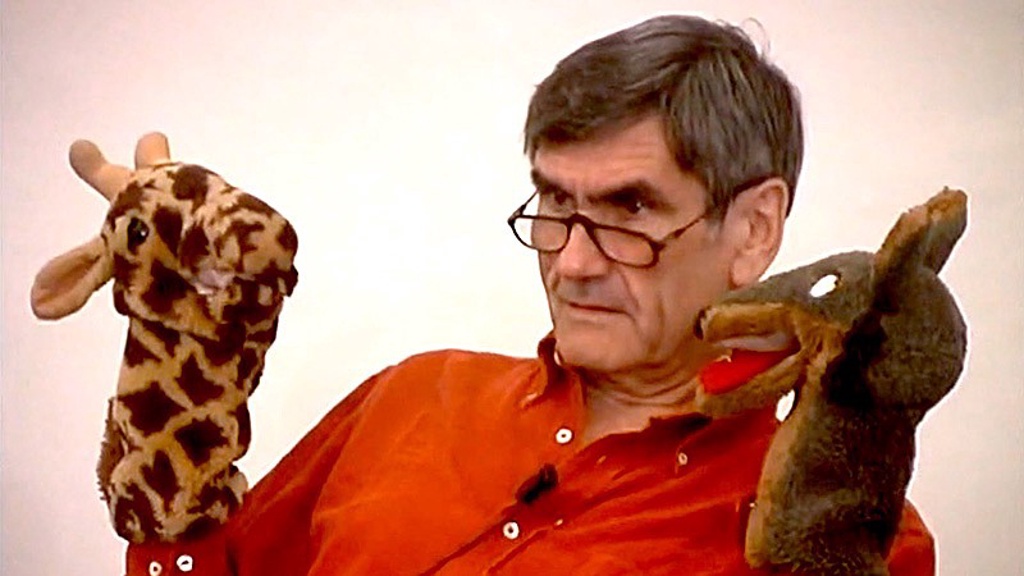
A Language of Life by Marshall Rosenberg
During the last couple of years of my first marriage, I understood that the only chance I had to save my marriage was to learn to use language more effectively. I began experimenting, initially subconsciously, with how I could express myself in ways which weren't destructive to the fragile remnants of our relationship. It was an ultimately doomed process but one that taught me a lot about the power of language. I learned a lot about why things went wrong, but never quite made sense of why things sometimes "went right".
A couple of years later I was introduced to Marshall Rosenberg's "Nonviolent Communication". As I watched the workshop videos and later read this book, I felt as if I had been slapped by the inevitable. Here, laid out simply and clearly was exactly what I had been trying to teach myself. I'd been on the right path but had only taken baby steps towards my desired goal. To see the ideas I'd been fumbling with expressed so clearly was shocking. To see them demonstrated so effectively in a workshop setting, and having exactly the effect I'd hoped for, was extraordinary.
There was another piece of learning for me in this, Marshall's concept of empathy. In the time following my separation I talked fairly openly about my experience. However, I was almost always extremely frustrated by the conversations. Most people were sympathetic, some wanted to assure me I'd done everything I could and a few wanted to tell me what I'd done wrong. Yet all of these conversations left me oddly untouched. I was talking about something extremely important to me, and for some reason the responses I was getting felt empty and meaningless.
It was incredibly frustrating. I knew I had to talk about it, I knew I was hurt from the experience and I suspected that talking (and time) were the only things which were going to help. Yet none of the talking seemed to mean anything. The most meaningful thing I learned was simply that I was not alone. Lots of friends had a divorce in their past. Even more had struggled with the drinking habits of a partner or relative. But while this understanding was comforting, it didn't help me resolve anything.
Empathy in the context of Nonviolent Communication is the idea that simply being aware and present with another person can be healing. As I was listening to Marshall talk about and demonstrate empathy, suddenly I knew what it was that I'd been looking for in all those interactions. I didn't need anybody to tell me that I'd done the right thing or the wrong thing. I didn't need anybody to tell me that it was going to get better in time. I just needed somebody who could listen and understand. Somebody to share the experience of what I was going through, without being traumatised themselves. As I began to understand this need in myself, I started to understand that when people came to me I offered advice, sympathy and criticism. How rarely I provided this sort of empathy for others shocked me.
Reading this book, and watching his workshop videos, was a profound experience for me. I can't recommend this book enough to anybody who is struggling with a relationship and wants to learn to use their language more effectively.
Loading comments...